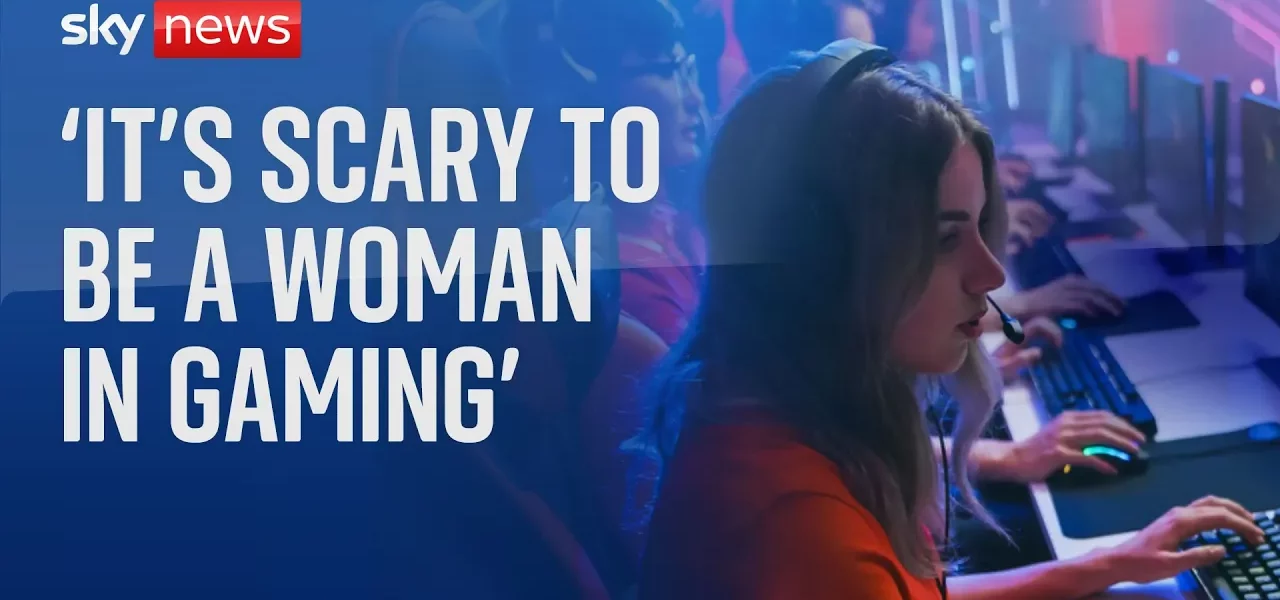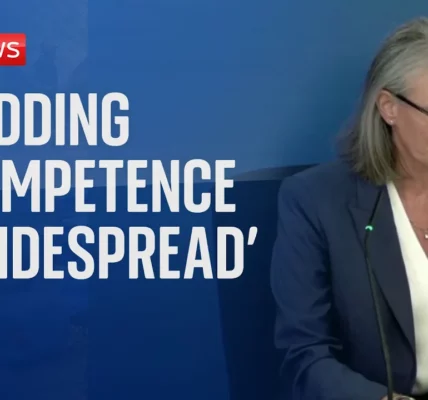Misogyny in Gaming: A Deep Dive into the Challenges Faced by Female Gamers

In the world of gaming, women often face significant challenges, including harassment and discrimination. This article delves into the harsh realities of misogyny in gaming, highlighting personal experiences, research findings, and the ongoing efforts to create a more inclusive environment.
Introduction
The gaming industry has seen unprecedented growth over the past decade, yet the experience of female gamers remains fraught with challenges. Misogyny is a pervasive issue, manifesting in various forms, from casual verbal abuse to severe harassment. Despite some positive shifts in recent years, a significant portion of women still report feeling unsafe and unwelcome in gaming spaces. This article explores the extent of misogyny in gaming, the psychological impact on women, and the efforts being made to foster a more inclusive gaming culture.
The Reality of Misogyny in Gaming
Misogyny in gaming is not just an abstract concept; it is a lived reality for many women who participate in gaming communities. Reports indicate that over two-thirds of female gamers experienced harassment while playing online. This section examines the nature and impact of this abuse.
Types of Harassment
Harassment in gaming can take many forms, including:
- Verbal abuse and sexist comments
- Threats of violence
- Gender-based slurs and derogatory language
Such comments can quickly escalate, creating an intimidating environment that discourages women from fully engaging in gaming.
Fear of Harassment
Many female gamers opt to avoid using voice chat altogether to prevent harassment. A staggering one-third of women gamers reported avoiding microphones to conceal their gender. This fear underscores the toxic atmosphere that can pervade gaming communities, leading to an unfair disadvantage for women and minorities.
Impact on Mental Health
The psychological toll of harassment in gaming is significant. Studies reveal that nearly one-fifth of women gamers report that online abuse negatively affects their mental health. This section explores how harassment impacts women’s gaming experiences and mental well-being.
Effects on Participation
In light of the harassment, some women choose to disengage from online gaming altogether. This trend is concerning, as it not only affects individual players but also the diversity and richness of the gaming community.
Long-term Consequences
The long-term effects of sustained harassment can include:
- Anxiety and depression
- Decreased self-esteem
- A reluctance to participate in online communities
These consequences highlight the urgent need for change within gaming culture.
Progress and Positive Shifts
Despite the challenges, there are signs of progress within the gaming community. Recent studies indicate a slight decrease in reported harassment, suggesting that efforts to combat misogyny are beginning to bear fruit.
Research Findings
According to recent surveys conducted by Jenny MCB, the percentage of women experiencing toxicity in gaming has decreased to 65%. While this is a positive shift, it is essential to recognize that this still represents a significant portion of female gamers.
Community Responses
Women in gaming, including professional gamers and advocates, are taking active steps to combat misogyny. Initiatives include:
- Organizing events that promote inclusivity
- Launching campaigns to raise awareness about harassment
- Creating safe spaces for women gamers
These efforts are crucial for fostering a more supportive environment.
Changing the Narrative
As more women enter the gaming space, the narrative around female gamers is gradually changing. This section discusses the role of women in reshaping the gaming landscape.
Trailblazers in Gaming
Women like Mimi, a professional gamer, and Stephanie Ajer, founder of Naga, are leading the charge in advocating for diversity. Their work not only challenges existing stereotypes but also encourages greater representation and respect for women in gaming.
The Future of Gaming
The future of gaming looks promising, with increasing awareness around issues of sexism and harassment. As more companies recognize the importance of diversity, the gaming community can become a more welcoming space for everyone.
Conclusion
Misogyny in gaming remains a significant issue that impacts the experiences of countless women. While recent trends indicate progress, there is still much work to be done to create a truly inclusive environment. By supporting initiatives that promote diversity and respect, we can help ensure that gaming becomes a safer and more enjoyable space for all. To learn more about creating a positive gaming culture, check out our related articles on diversity in gaming and the importance of community support.
“`




